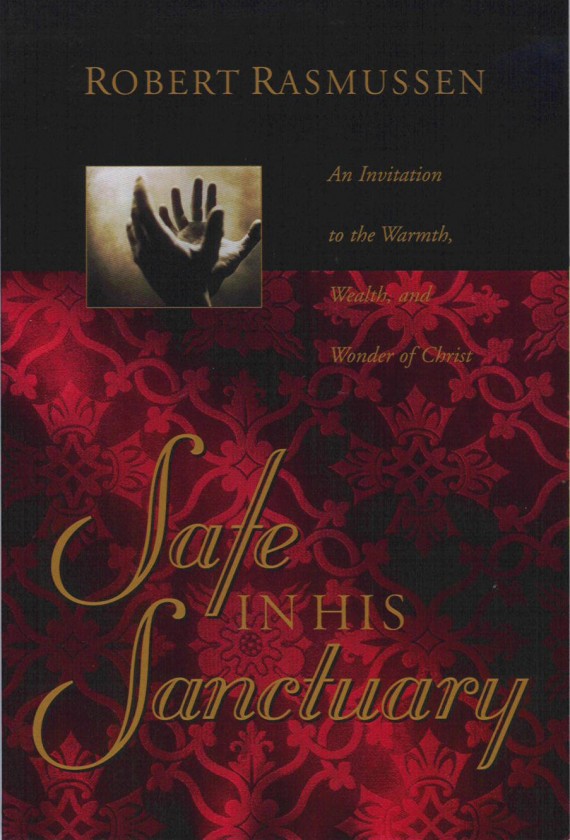 The stereotypical missionary dons a pith helmet and slashes his way through underbrush to reach a remote village. But modern day Christian writers should consider the principle of contextualization in reaching the American reader with an important message.
The stereotypical missionary dons a pith helmet and slashes his way through underbrush to reach a remote village. But modern day Christian writers should consider the principle of contextualization in reaching the American reader with an important message.
Since I am a missionary who loves to write, a comment by Les Stobbe (Director, International Christian Writers) caught my attention. Les writes:
As Christian writers we more and more need to develop a global perspective. It’s astonishing to me that editors of Christian publishers are telling writers—and me as literary agent—that if you want to be published as a first novel writer you have to locate the story in the United States. I have had novels based in Africa, Russia, Australia, Pakistan, England, Afghanistan, China, turned down simply because the action did not take place in the United States. I’m told, marketing people say they do not sell. Only when you are a well-known novelist with numerous bestsellers are you permitted to locate your novel outside of the United States, preferably Scotland or Western Europe. Heaven forbid that you should have the action take place in Africa. I’d love it if anyone can disprove that statement.
One can get cynical about the American reading public and their purchasing patterns (thank God they at least purchase!). And one can criticize publishing houses for taking on books from established writers on felt-need topics, and (in this case) settings which appeal to readers. But it is good to keep in mind that if publishers don’t sell books they won’t be publishing anything next year.
If we view this matter through the lens of cross-cultural missions, the principle of contextualization provides help to those who write for an American and global audience. Contextualization is (to put it simply) to adapt ones methods to the cultural context in which he desires to have an influence. It is to change ones personal preferences in order to enter the world of the other. Why? To remove unnecessary obstacles for the other person to respond favorably, and to convey the message in patterns that suit the mindset of the audience.
While I am saddened by the reality Les Stobbe describes (one I have confronted many times in reporting on our international ministry), it presents a challenge for those of us who write to a primarily American audience. If you are like me in believing that we Americans are insulated from much of what is going on in the rest of the world, then we should consider some creative ways to contextualize our writing practices while stretching the location and culture receptivity of readers. Here are some suggestions:
1. Weave foreign locations into the story. The primary setting may be in the U.S. but the story can carry the reader to other lands and cultures. In my non-fiction writing, it has been natural to do this since much of my personal story has taken place in Kenya. In Safe In His Sanctuary, and my upcoming book, I interweave our Africa experience in the challenges we encountered as a family by moving there.
2. Write about our increasingly multicultural America. It is an outdated paradigm to picture America as primarily White with a smattering of Blacks, Asians and Latinos. More Jews live in American than Israel. More Samoans live in America than in Samoa. And Hispanics will be the largest racial group within just a few years. So, a story located in any of our major cities can transport us to dozens of countries just by telling about the people who live there!
3. Understand where the reader is now and nudge for change. Writing is about influence. I believe many American readers would care more about other parts of the world if they knew more. That is where we can seek to understand what they are willing to read presently, and through compelling writing expand their sphere of interest to other places and peoples.
 I praise You, O God for the gift of this day. I desire to live it for Your glory — to be of enjoyment and usefulness to You today.
I praise You, O God for the gift of this day. I desire to live it for Your glory — to be of enjoyment and usefulness to You today.
